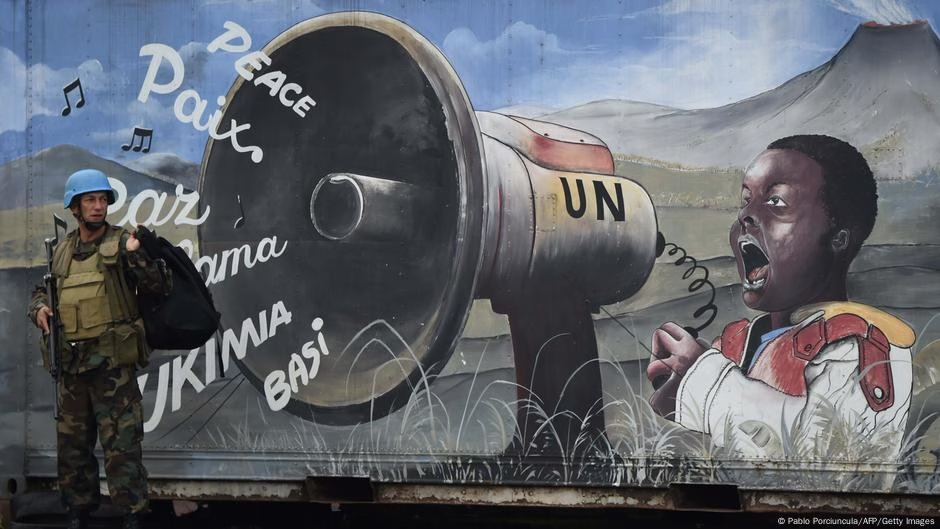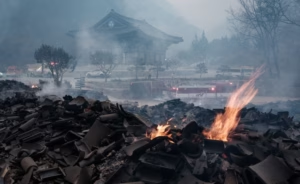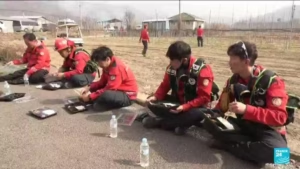The ongoing conflict in the Democratic Republic of Congo (DRC) has reached a critical juncture, following the withdrawal of Angola as a key mediator and the emergence of a newly expanded international mediation team. Angolan President Joao Lourenco recently announced his disengagement from the mediation process, citing his focus on his rotating presidency of the African Union (AU). Despite this disengagement, Lourenco expressed his intention to facilitate the selection of a new lead mediator, who will be supported by the Southern African Development Community (SADC) and the East African Community (EAC).
Angola’s decision to halt mediation comes amid mounting frustration over the stalled eastern Congo peace process, following the cancellation of planned talks in Luanda on March 18, when the M23 rebel group pulled out in protest against EU sanctions. The failure of a surprise meeting brokered by Qatar between DRC President Felix Tshisekedi and President Paul Kagame of Rwanda to halt the violence adds to the pessimism about the potential for lasting peace in the region.
Analysts argue that the DRC’s tumultuous history and the persistent influence of external forces complicate the mediation efforts, with the country’s vast mineral wealth making it a battleground for competing international interests. The intricate web of actors involved, including regional actors and international actors, further complicates the efforts to reach a peaceful resolution.
Ghanaian policy and security analyst, Fidel Amakye Owusu, pointed out the significant challenge posed by the country’s geographical position, with borders shared with nine other countries, indicating that the conflict’s impact extends beyond the DRC. Additionally, ethnic dimensions of the conflict, particularly the Hutu-Tutsi dynamics, pose significant challenges for mediators.
Owusu also highlighted the necessity of involving Rwanda and Uganda, due to their influence on the rebels, arguing that any viable solution must include these regional players. Despite skepticism about Rwanda’s sincerity in participating in talks, due to past failures, Owusu suggests that Qatar’s economic interests in Rwanda could incentivize them to pressure Kagame towards a resolution.
Meanwhile, the Congolese Defense Minister Guy Kabombo Muadiamvita began a visit to South Africa to strengthen bilateral defense cooperation, following heavy losses suffered by South African troops deployed with the SADC mission. The destabilizing effect of the conflict on neighboring countries, including the potential influx of refugees, remains a significant concern.
Edited by: Chrispin Mwakideu
Source: https://www.dw.com/en/drc-conflict-why-peace-remains-elusive/a-72037535?maca=en-rss-en-all-1573-rdf








